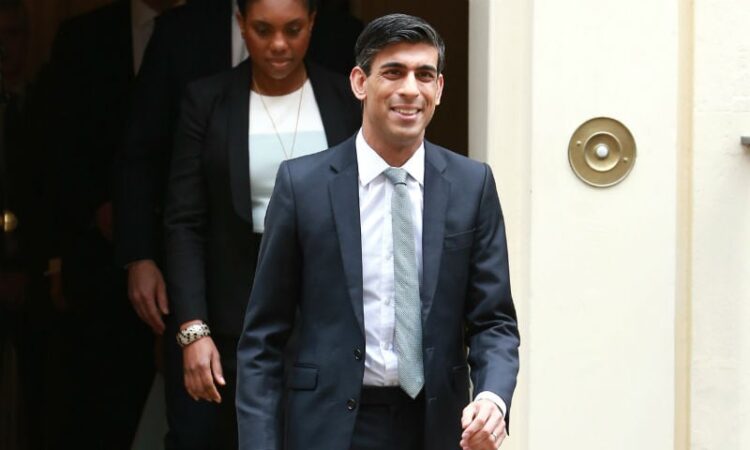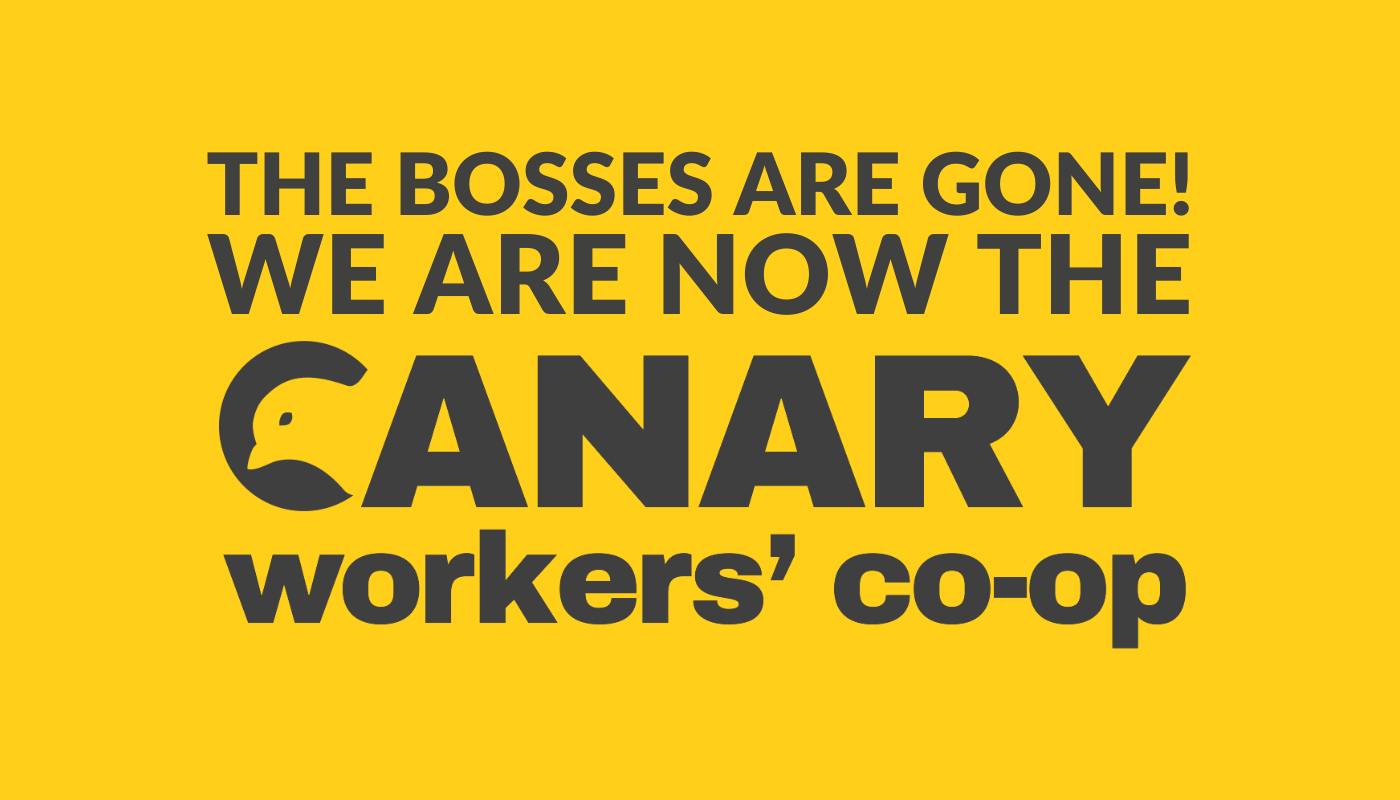
The latest employment-related figures from the Office for National Statistics (ONS) paint a grim picture of the state of work and money in the UK: unemployment up, wages collapsing, and not enough jobs to go around. Of course, this is of little surprise – given the Tories have been in charge for nearly 13 years.
ONS: a sorry state of affairs
The ONS reported that:
The unemployment rate for December 2022 to February 2023 increased by 0.1 percentage points on the quarter to 3.8%.
As think tank the Resolution Foundation‘s Torsten Bell noted on Twitter, short-term unemployment was the issue.
However, there are now less job vacancies to go around. The ONS said:
In January to March 2023, the estimated number of vacancies fell by 47,000 on the quarter to 1,105,000. Vacancies fell on the quarter for the ninth consecutive period
It noted this was due to businesses being worried about the economy, therefore not hiring people. These latest figures blow apart the Department for Work and Pensions’ (DWP‘s) recent attacks on benefits claimants – basically because there are now less jobs than there are people on unemployment benefits who are looking for work.
Read on…
Then, if you’re lucky enough to have a job, don’t expect to be paid properly for it. The ONS found that real-terms pay (that is, wages adjusted for inflation) fell by 3% during December 2022 to February 2023.
Moreover, the number of people sick, unable to work, or not wanting a job was still high. This is called the economic inactivity rate. The ONS noted that this measure:
decreased by 0.4 percentage points on the quarter, to 21.1% in December 2022 to February 2023. The decrease in economic inactivity during the latest three-month period was largely driven by people aged 16 to 24 years. Looking at economic inactivity by reason, the quarterly decrease was largely driven by people inactive because they are students.
Tories: 13 years of carnage
Of course, the Tories have presided over all of this. PM Rishi Sunak even claimed in March that:
I think the underlying fundamentals of the economy are strong, I really do…
If you look at some of the things that have been coming out in the last month… they’re all showing encouraging signs that things are better than people had feared, that sentiment is improving, confidence is returning.
So, workers’ groups have hit back.
Trades Union Congress (TUC) general secretary Paul Nowak said of the ONS figures:
The longest wages slump in modern history shows no sign of letting up. Hard-pressed families can’t take much more. It is no surprise that workers are having to take strike action to defend their living standards. Ministers should be focused on resolving all of the current pay disputes. And they must act now to put money in people’s pockets – starting with giving our public sector workers a real pay rise, boosting the minimum wage to £15 as soon as possible, and ending their attack on the right to strike for better pay and conditions in the Strikes Bill.
But in the public sector, ministers are dragging their heels on meaningful negotiations. That’s why staff have had no choice but to use their right to strike to defend their pay.
Meanwhile, if you’re a non-worker then the situation is even worse for you. As the Canary previously reported, the DWP increased benefit rates in April. However, it hasn’t increased them enough because of inflation. In reality, the DWP will be taking people’s benefits back to the rate they were in April 2022. That is, if you’re on Universal Credit, your money will only be worth what it was a year ago.
All this paints a dire picture of the UK under the Tories. But moreover, it is symptomatic of life under corporate capitalism, generally.
Featured image via ITV News – YouTube







